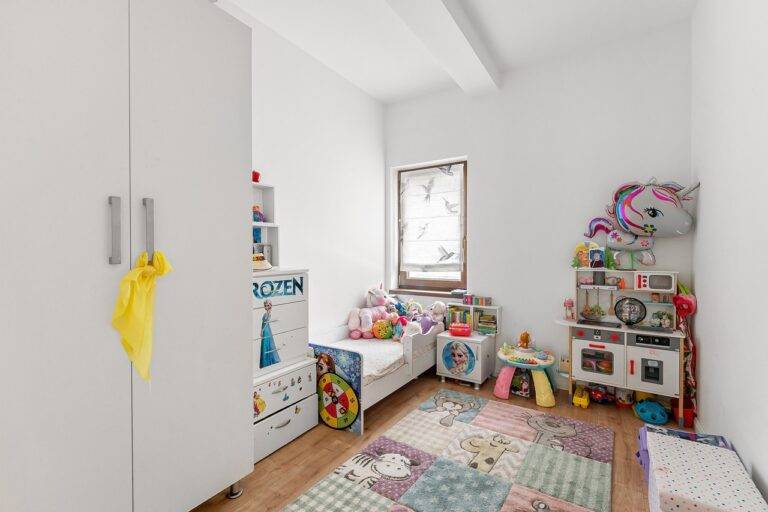Kitchen Sink Selection in Singapore: Stainless Steel vs. Other Materials
Choosing the right Kitchen Sink Singapore for your home in Singapore is an important decision that can impact both the functionality and aesthetics of your kitchen. One of the main decisions you’ll need to make is selecting the material for your sink, with stainless steel being a popular choice. However, there are other materials available on the market, each with its own set of pros and cons. In this article, we’ll explore the differences between stainless steel sinks and sinks made from other materials to help you make an informed decision for your kitchen.
Durability
Stainless Steel:
Stainless steel sinks are known for their durability and resistance to corrosion. They are less likely to chip or stain compared to other materials, making them a low-maintenance option for busy kitchens.
Other materials:
Other materials such as granite, composite, or porcelain sinks may not be as durable as stainless steel. They can be more prone to chipping, scratching, or staining, requiring more careful maintenance to keep them looking their best.
Cost
Stainless Steel:
Stainless steel sinks are typically more affordable than sinks made from other materials. They are a budget-friendly option that still offers durability and a modern look for your kitchen.
Other materials:
Sinks made from materials like granite or composite tend to be more expensive than stainless steel sinks. While they may offer a unique and luxurious aesthetic, be prepared to pay a higher price tag for these options.
Aesthetics
Stainless Steel:
Stainless steel sinks have a sleek and modern look that complements a variety of kitchen styles. They are versatile and can easily blend in with different design elements, making them a popular choice for many homeowners.
Other materials:
Sinks made from materials like granite or composite can add a touch of sophistication to your kitchen. These sinks come in a variety of colors and finishes, allowing you to customize the look to match your design preferences.
Noise
Stainless Steel:
One potential downside of stainless steel sinks is that they can be noisy when water or dishes come into contact with the metal surface. However, this can be mitigated with soundproofing materials or coatings.
Other materials:
Sinks made from materials like granite or composite tend to be quieter than stainless steel sinks. The density of these materials helps to reduce noise, providing a quieter washing experience in your kitchen.
Cleaning and Maintenance
Stainless Steel:
Stainless steel sinks are easy to clean and maintain, requiring only a quick wipe down with a mild detergent and water. They are resistant to stains and bacteria, making them a hygienic choice for your kitchen.
Other materials:
Sinks made from materials like granite or composite may require more maintenance to keep them looking their best. Some materials can be more prone to staining or scratching, requiring special cleaning products or techniques to preserve their appearance.
Environmental Impact
Stainless Steel:
Stainless steel sinks are a sustainable choice for your kitchen, as they are fully recyclable. They can be melted down and reused to create new stainless steel products, reducing waste and environmental impact.
Other materials:
Sinks made from materials like granite or composite may not be as eco-friendly as stainless steel sinks. These materials may not be as easily recyclable, contributing to waste generation and environmental harm.
Installation
Stainless Steel:
Stainless steel sinks are relatively lightweight and easy to install, making them a convenient option for DIY homeowners or professional installers. They can be mounted in various ways, including undermount, drop-in, or flush mount.
Other materials:
Sinks made from materials like granite or composite can be heavier and more challenging to install compared to stainless steel sinks. You may need professional installation to ensure proper placement and support for these heavier sinks.
In summary, choosing between a stainless steel sink and a sink made from other materials depends on your priorities for your kitchen. If you value durability, affordability, and low maintenance, a stainless steel sink may be the best option for you. However, if you prioritize aesthetics, noise reduction, or environmental impact, you may prefer a sink made from materials like granite or composite.
FAQs
Q: Are stainless steel sinks scratch-resistant?
A: While stainless steel sinks are durable and resistant to most stains, they can be prone to scratching with heavy use. Consider using a sink grid or protective mat to prevent scratches.
Q: Can I install a stainless steel sink myself?
A: Yes, stainless steel sinks are relatively lightweight and easy to install, making them a suitable option for DIY installation. Follow the manufacturer’s guidelines for installation to ensure a secure fit.
Q: How do I clean and maintain a granite sink?
A: To clean a granite sink, use a mild detergent and water to wipe down the surface regularly. Avoid abrasive cleaners or tools that can scratch the surface. Consider using a granite sink sealer to protect the surface and maintain its appearance.






